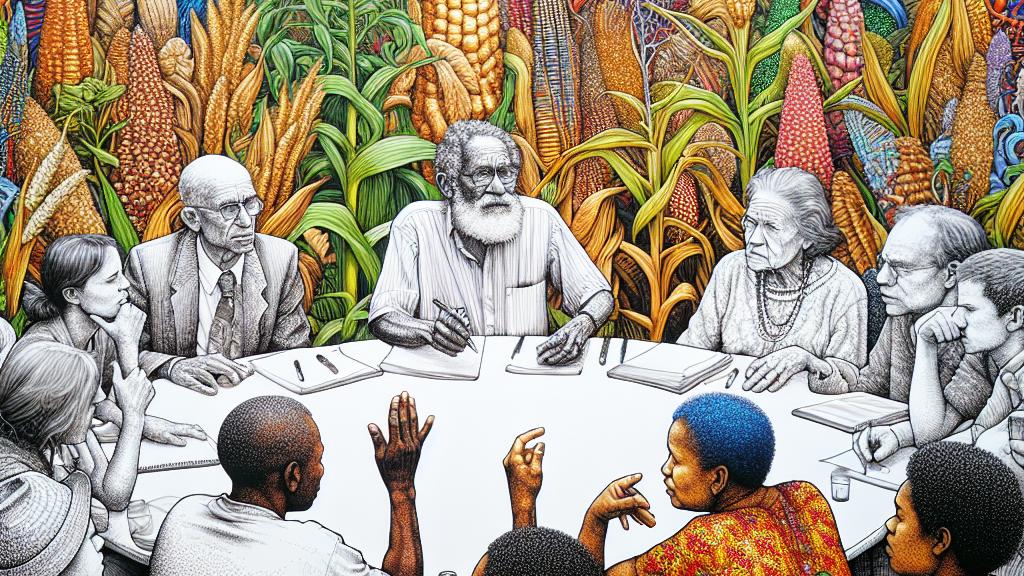Understanding the New GMO Scrutiny Rules Starting April 20
Overview
- Exciting changes are coming on April 20, 2025; new GMO scrutiny rules will focus on public involvement.
- The Aarhus Convention mandates that citizens actively participate in decisions about GMOs.
- Concerns arise as key players like the U.S. and Brazil choose not to ratify the agreement.

A Game-Changer for Public Involvement
Get ready for a monumental shift on April 20, 2025! This date marks the implementation of new GMO scrutiny rules that promise to reshape how decisions are made regarding genetically modified organisms in Europe. Thanks to the amended Aarhus Convention, countries that adopt these rules will be obligated to engage their citizens directly in discussions about GMOs. Picture this: individuals within communities will have a voice in assemblies, able to express concerns or pose questions about the genetically modified crops that could influence their health and local environment. This isn't just about rules; it's about empowerment and ensuring that everyone has a say in the food they consume and the ecosystems they inhabit.
Addressing the Double-Edged Sword of GMOs
While GMOs are touted for their ability to enhance crop yields and combat food shortages, their expansion comes with significant caveats. Take the example of maize and soybean, which now dominate global agricultural landscapes. Their commercialization has skyrocketed, but at what cost? Reports reveal a startling increase in pesticide use correlating with the rise in GMO cultivation, leading to issues like herbicide-resistant weeds that wreak havoc on farmers’ efforts. With these new scrutiny rules, the public gains the power to demand detailed information and clarity on the agricultural practices that affect their lives. In this new era, informed citizens can push for better safety standards, ultimately promoting environmental health.
The Elephant in the Room: Major Players Uninvolved
Despite the positive strides being taken, a crucial element is missing: the absence of significant agricultural nations like the United States and Brazil from the ratification of the Aarhus Convention. Their choice not to participate raises pressing questions about transparency and global collaboration in GMO monitoring. What happens in a world where powerful industrial nations operate outside the structured scrutiny that others must adhere to? As countries embracing these new rules create avenues for public dialogue, the absence of key players raises alarms about equitable practices. Citizens must remain vigilant, advocating for their rights to safe food systems, and highlighting the importance of inclusiveness in global agricultural governance. This juncture isn't just important; it’s a call to action, urging us to raise our voices for a safer, more sustainable future.

Loading...